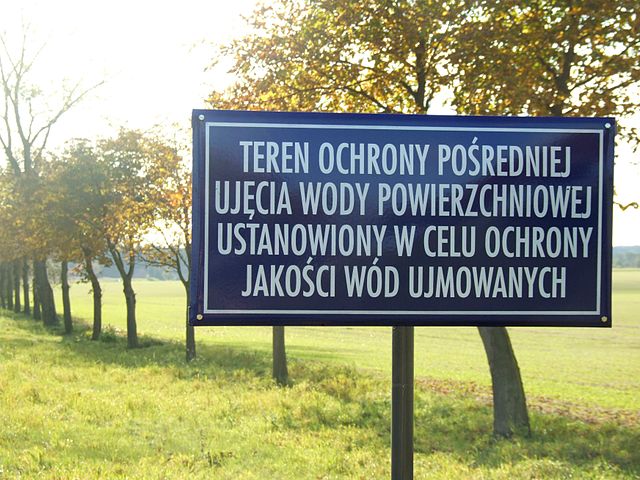Polish literature is the literary tradition of Poland. Most Polish literature has been written in the Polish language, though other languages used in Poland over the centuries have also contributed to Polish literary traditions, including Latin, Yiddish, Lithuanian, Russian, German and Esperanto. According to Czesław Miłosz, for centuries Polish literature focused more on drama and poetic self-expression than on fiction. The reasons were manifold but mostly rested on the historical circumstances of the nation. Polish writers typically have had a more profound range of choices to motivate them to write, including past cataclysms of extraordinary violence that swept Poland, but also, Poland's collective incongruities demanding an adequate reaction from the writing communities of any given period.
Title page of the 1834 edition of Pan Tadeusz by Adam Mickiewicz, the most notable poet among Poland's Romantic bards
Image: Stanisław Bizański H.Sienkiewicz (cropped)
Image: Władysław Reymont
Image: Isaac Bashevis Singer (upright)
Polish is a West Slavic language of the Lechitic group within the Indo-European language family written in the Latin script. It is primarily spoken in Poland and serves as the official language of the country, as well as the language of the Polish diaspora around the world. In 2023, there were over 40.6 million Polish native speakers. It ranks as the sixth most-spoken among languages of the European Union. Polish is subdivided into regional dialects and maintains strict T–V distinction pronouns, honorifics, and various forms of formalities when addressing individuals.
The oldest printed text in Polish – Statuta synodalia Episcoporum Wratislaviensis printed in 1475 in Wrocław by Kasper Elyan.
A formal-tone informative sign in Polish, with a composition of vowels and consonants and a mixture of long, medium and short syllables
The Jakub Wujek Bible in Polish, 1599 print. The letters á and é were subsequently abolished, but survive in Czech.
Common handbag in Polish is called a torba, a word directly derived from the Turkish language. Turkish loanwords are common as Poland bordered the Ottoman Empire for centuries.[failed verification]








